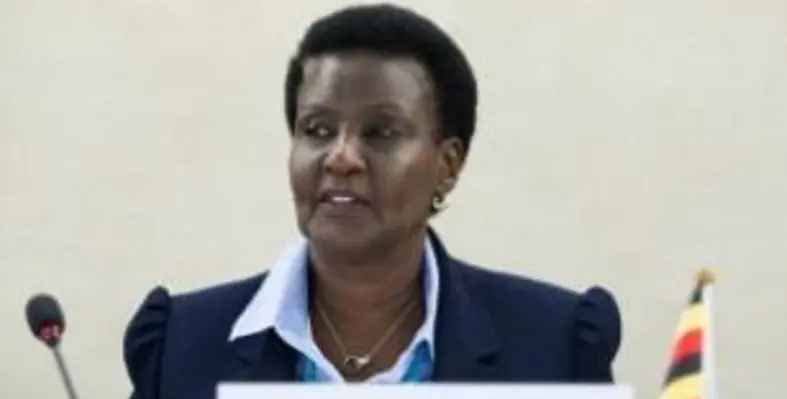Amelia Kyambadde, Uganda’s minister for trade, industry and cooperation, stressed the importance of meeting and exceeding local content requirements and diversifying the economy beyond oil and gas when she addressed the Uganda International Oil & Gas Summit (UIOGS) in Kampala yesterday
“We have local content policy to protect the upcoming industries, to protect procurement, to give opportunities to local producers,” she said.
However, she emphasised that it is important for local producers, suppliers and service companies across all industries to “produce quality products” to appeal to businesses investing in Uganda.
In regard to Uganda’s bid to revitalise its oil and gas industry, Ms Kyambadde said public expectations are high and include hopes for hydrocarbon development as a catalyst for social and economic transformation, a reduction in the national debt and job creation. At the same time, she said the public was concerned about Uganda falling victim to the “resource curse” and she said it was important that revenues were managed responsibly.
Looking at the broader economic picture, Ms Kyambadde said regional cooperation was important if the oil and gas industry was going to succeed in Uganda. She said it was vital that there is “harmonisation of framework in the region”, such as standards for oil and gas production. In particular, Ms Kyambadde said she was keen to collaborate with Kenya and Tanzania.
“We need regional consensus, we need to normalise methods and policies for the management of industry and ensure certification, recognition of our oil and gas, and think outside the borders,” she said. “We need to ensure benchmarks with other oil-producing countries to share knowledge, to share information, to share expertise.”
She called for more “aggressive infrastructure development” such as the 1,440km pipeline between Uganda and Tanzania, called for rail projects to be fast-tracked with standard gauge tracks across neighbouring countries, and pointed out the opportunities in the marine transport sector because “we have a lake between us”.
As well as regional harmonisation of relevant regulations, Ms Kyambadde said meeting international standards was important.
“We have to comply with national and international standards under WTO rules - we cannot operate in isolation, we need to co-exist” she told delegates. She added that it was important for Uganda to join important international bodies, such as OPEC.
In conclusion, she told the conference it was important to “fight bureaucratic and corrupt tendencies, not just in Uganda but globally.”












